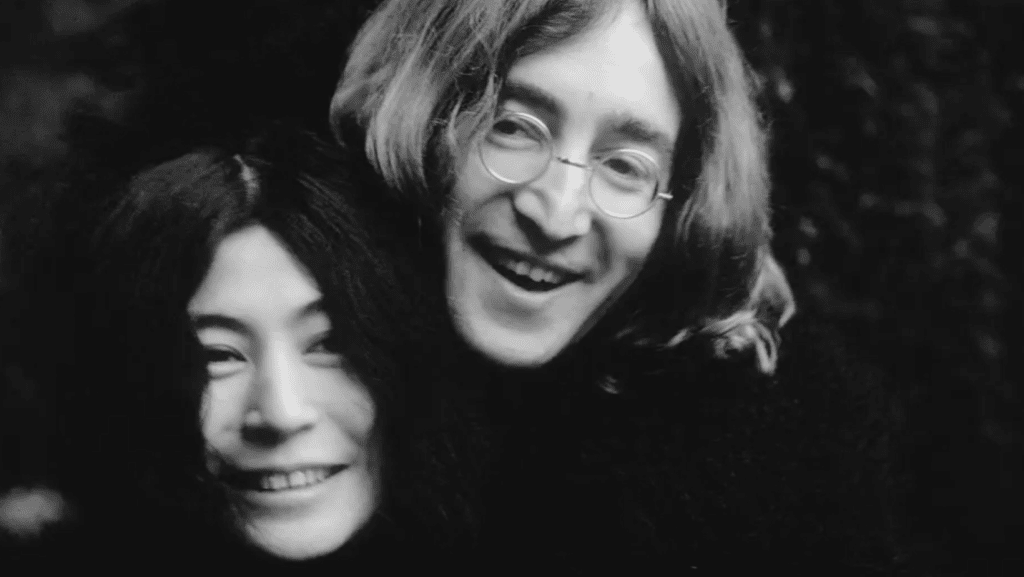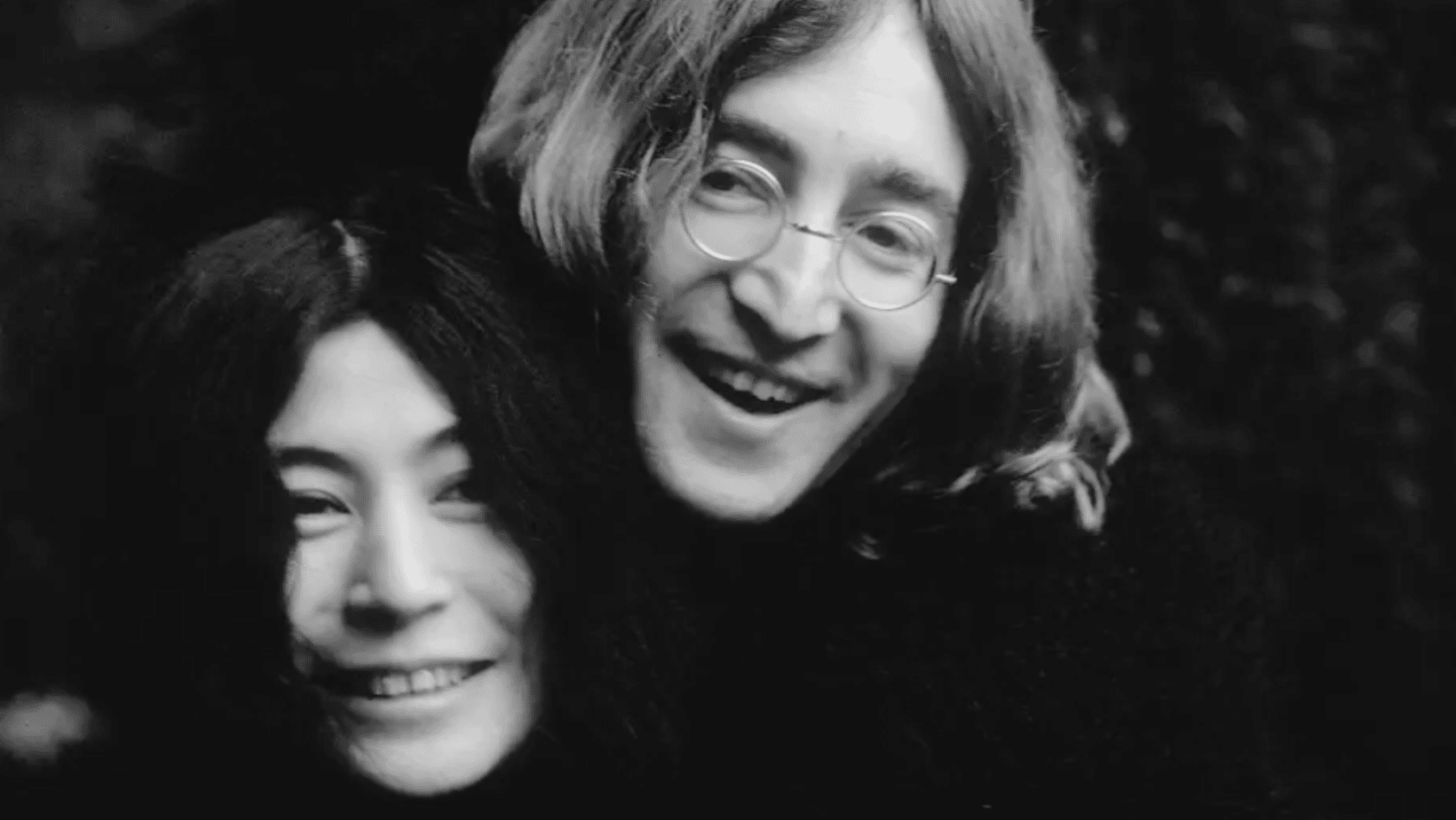

“The whole album is about my mom,” Sean Ono Lennon reflects, emphasizing his parents’ “legendary love.”
As the sole custodian of his family’s iconic musical legacy, Sean Ono Lennon provides a compelling glimpse into his father’s deep bond with Yoko Ono. “My dad always saw ‘John and Yoko’ as one word,” Sean says. “He had his heart set on her from the beginning.”
In the early 1970s, John Lennon and Yoko Ono became vocal proponents of peace, an activism that invited chaos into their private lives. Their antiwar stance made them targets of then-President Richard Nixon, whose administration launched a campaign to have the couple deported. During this fraught time, the couple began work on Lennon’s solo album Mind Games at New York City’s Record Plant Studios in the summer of 1973.
Sean Ono Lennon, now 49, oversaw the creation of an expansive new box set exploring this turbulent period. The collection sheds light on the challenges his parents faced, including surveillance by the FBI and threats of arrest. Declassified documents confirm the government’s attempts to charge Lennon on fabricated drug offenses. “It was really terrifying,” Sean explains, recounting how the U.S. government tried to expel the couple as their peace activism gained prominence.
The harassment intensified after John and Yoko moved to New York City in late 1971, settling in the liberal enclave of Greenwich Village. Their celebrity drew activists like Abbie Hoffman and Jerry Rubin, who hoped to leverage the couple’s fame for their causes. Lennon and Ono’s first collaborative effort in New York, the 1972 album Some Time in New York City, reflected their radical politics, with songs addressing issues like women’s liberation, the Attica prison uprising, and the conflict in Northern Ireland. The album’s newspaper-inspired cover underscored its raw, journalistic approach.
Despite its bold messaging, Some Time in New York City received a lukewarm reception. Fans who had been captivated by the melodic beauty of “Imagine” were taken aback by the stark, activist tone of the new record. Sean describes it as “punk,” noting, “It’s a beautiful album, but it wasn’t well-received. My dad realized he needed to return to making music that people wanted to listen to.”
This shift in philosophy shaped Mind Games, an album Sean views as an “antidote” to its predecessor’s intensity. “Mind Games represents my parents stepping back from radical activism,” he explains. “They wanted to create music that focused more on peace and love, rather than directly confronting the establishment. It was about my dad returning to music as an art form.”
While Mind Games softened its political messaging, it still reflected the era. Tracks like “Bring On the Lucie (Freda Peeple)” carried subtle activist undertones, while the title track’s refrain of “make love not war” echoed the couple’s enduring message.
The most direct commentary came in “Nutopian International Anthem,” a playful protest against their deportation struggles. Nutopia, a conceptual nation imagined by John and Yoko, embodied their vision of a utopia without borders, laws, or armies—a state of mind rather than a physical place. To announce Nutopia, the couple held a press conference on April 1, 1973, declaring themselves ambassadors and unveiling their flag: a plain white handkerchief. True to its minimalist ethos, the “Nutopian International Anthem” on Mind Games is three seconds of silence.
Ultimately, Mind Games marked a pivotal moment for John Lennon and Yoko Ono, capturing their journey from outspoken activists to creators of timeless art centered on love, peace, and hope.

